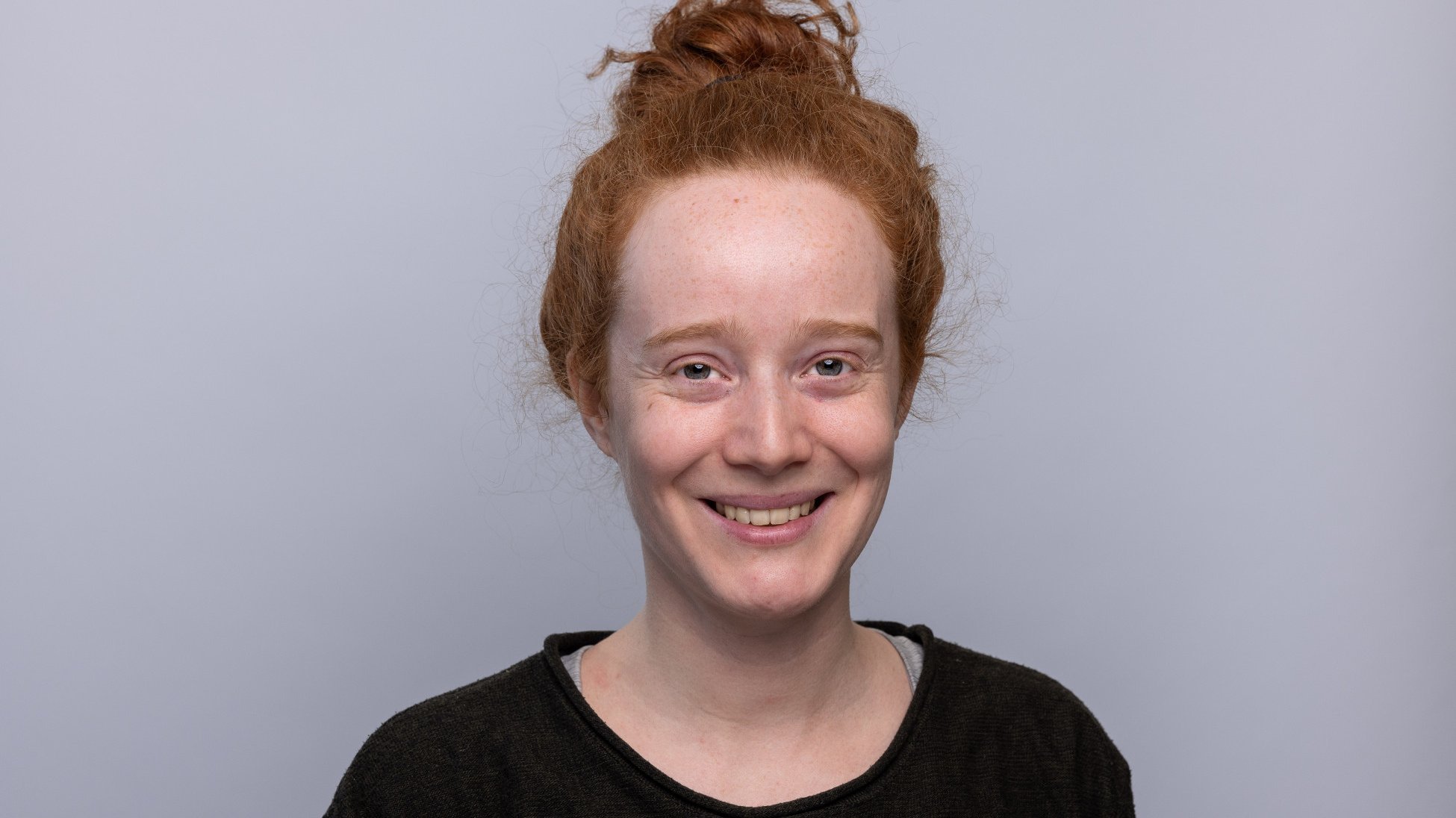| Speaker | Date | Time | Format | Topic area |
| Prof. Dr. Bernadette Dilger, Eliane Troxler | on demand | approx. 8 hours | online | Fair and efficient supervision & assessment |
At a time when digitalisation is significantly shaping the entire higher education landscape, digital examination formats are becoming increasingly important. They influence the design of teaching and, as a "hidden curriculum", the work processes of students. The meaningful integration of examinations into course design enables seamless coordination between course learning objectives, teaching and learning methods, and examinations, which is essential for sustainable learning success.
Given the increased use of digital tools in teaching, it is often necessary to design examinations in digital form as well, in order to ensure consistent coordination between course design and examination format.
This self-study course offers you practical content and concrete tools, from conception to implementation, to design effective digital examinations and expand your skills in digital written, oral and practical examination design.
During the course, you will learn and implement various strategies, techniques and tools for effectively designing digital exam tasks. From multiple-choice questions to interactive task formats, oral technical discussions and simulations, you will learn how to use the options offered by digital exam formats to design your exams in a didactically meaningful way. You will develop your own exam tasks for your course, utilising the potential of digital exams. In the course, you will design your own digital exam tasks with the help of the Canvas quizzes function, among other tools. The primary focus is not on transferring paper-and-pencil exams to a digital format, but rather on utilising differentiation options and increasing real-world relevance.
Note: The course cannot be counted as an elective course in the basic and advanced level.
You
... apply design principles of exam didactics for written, oral and practical exams to your own exams.
... create didactically effective written exam tasks in Studynet Quizzes for your course.
... create didactically effective oral and practical exam designs for your own course.
... utilise the development potential of digital tools for your own exam design.
... reflect on your digital written, oral and practical examinations in terms of the quality criteria for effective examination design
... understand the challenges of digital examinations and how to address them skillfully.
... know the most important points of contact for questions about digital examinations.
The requirements for the certificate of participation are:
a) Completion of all quizzes in the self-study course
b) Submission of the completed workbook in which the course assignments have been completed. A template for the workbook will be provided.
c) Participation in the course feedback.
You will receive feedback on your workbook. If it is still insufficient, you will have one opportunity to revise it.
The course cannot be counted as an elective course in the basic and advanced level teaching and learning in higher education.
All persons working in higher education at the HSG who are interested in the effective design of digital written, practical and oral examinations and would like to use them effectively in their teaching.

Prof. Dr. Bernadette Dilger is a full professor of business education and director of the Institute for Business Education at the University of St. Gallen. She studied business administration and business education. She trains prospective teachers in economics and law for secondary level II. As academic director of the Centre for University Teaching at the University of St. Gallen, she is responsible for university teaching programmes

Eliane Troxler is a doctoral candidate and research assistant at the Institute for Business Education. She studied business administration and completed her training as a certified teacher for economics and law at secondary schools and as a certified teacher at vocational schools
For employees of the University of St.Gallen, the course fee is covered by the University. External participants will be charged CHF 300.- for a full-day (8 hours) course.
This particular online course takes place individually.
If you have any questions, please contact the Centre of Learning and Teaching in Higher Education (HDZ-HSG) at Dufourstrasse 40a, 9000 St.Gallen via hdzhsg@unisg.ch or call +41 71 224 2630.